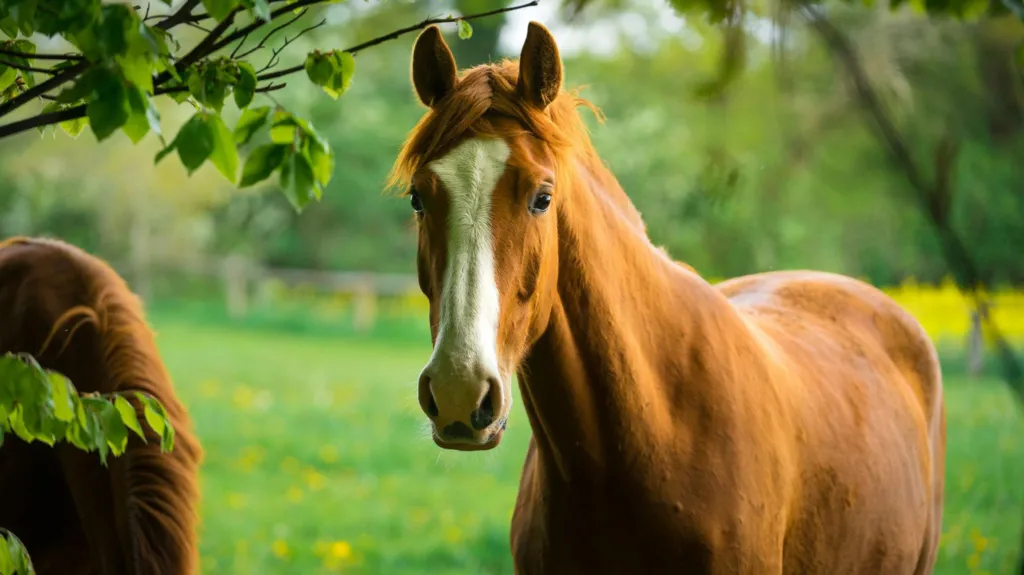It turns out you can lead a horse to water and, with the right incentive, convince it to drink. Recent research has unveiled that horses may possess greater intelligence than previously thought, as evidenced by their ability to quickly adapt to a treat-based game with evolving rules.
A study conducted by Nottingham Trent University (NTU) revealed that horses were surprisingly adept at grasping the game’s changing rules, challenging the old notion that equine brains are only responsive to immediate stimuli and lack complex strategic thinking. According to NTU researchers, these findings could pave the way for more humane training practices and improved welfare for horses.
The study involved 20 horses, who were initially rewarded with treats for touching a card with their noses. In the second phase, a “stop light” was introduced, altering the rules so that treats were given only if the horses touched the card while the light was off. Despite this change, the horses continued to touch the card without regard to the light’s status.
The breakthrough came in the final stage when a penalty—a 10-second timeout—was introduced for touching the card while the light was on. The horses quickly adjusted their behavior to avoid the timeout, demonstrating a rapid learning curve once there was a clear consequence for error.
“We anticipated some improvement when we introduced the time-out, but we were astonished by how quickly and significantly the horses adapted,” said lead researcher Louise Evans. The researchers suggest that the horses likely understood the stop light rule all along but had no motivation to follow it until the penalty was introduced.
This study, published in the Applied Animal Behaviour Science journal, highlights that horses are cognitively more advanced than previously acknowledged. Dr. Carrie Ijichi, a senior equine researcher at NTU, commented, “This study teaches us that we should avoid making assumptions about animal intelligence or sentience based solely on their anatomical similarities to humans.”
